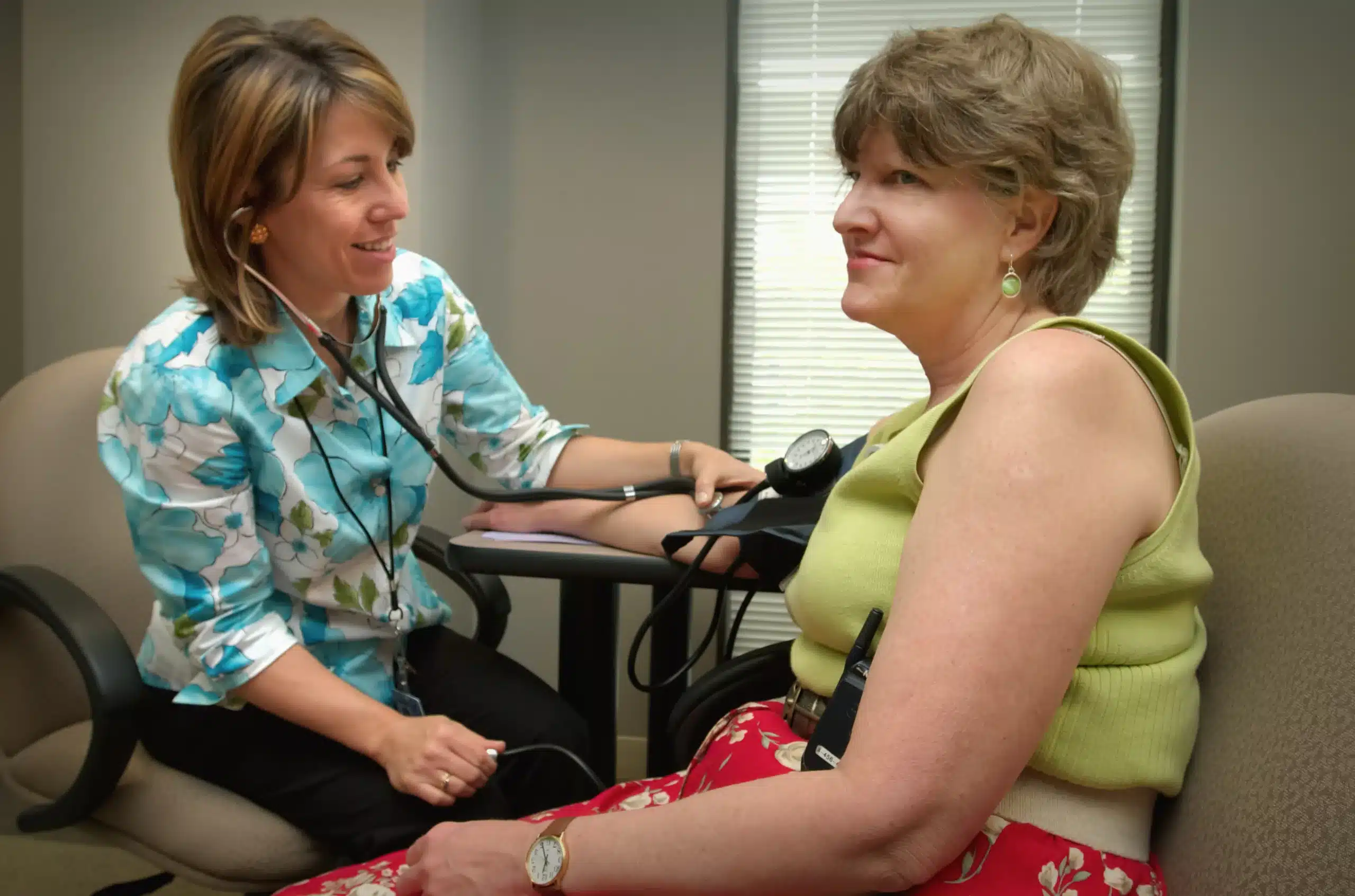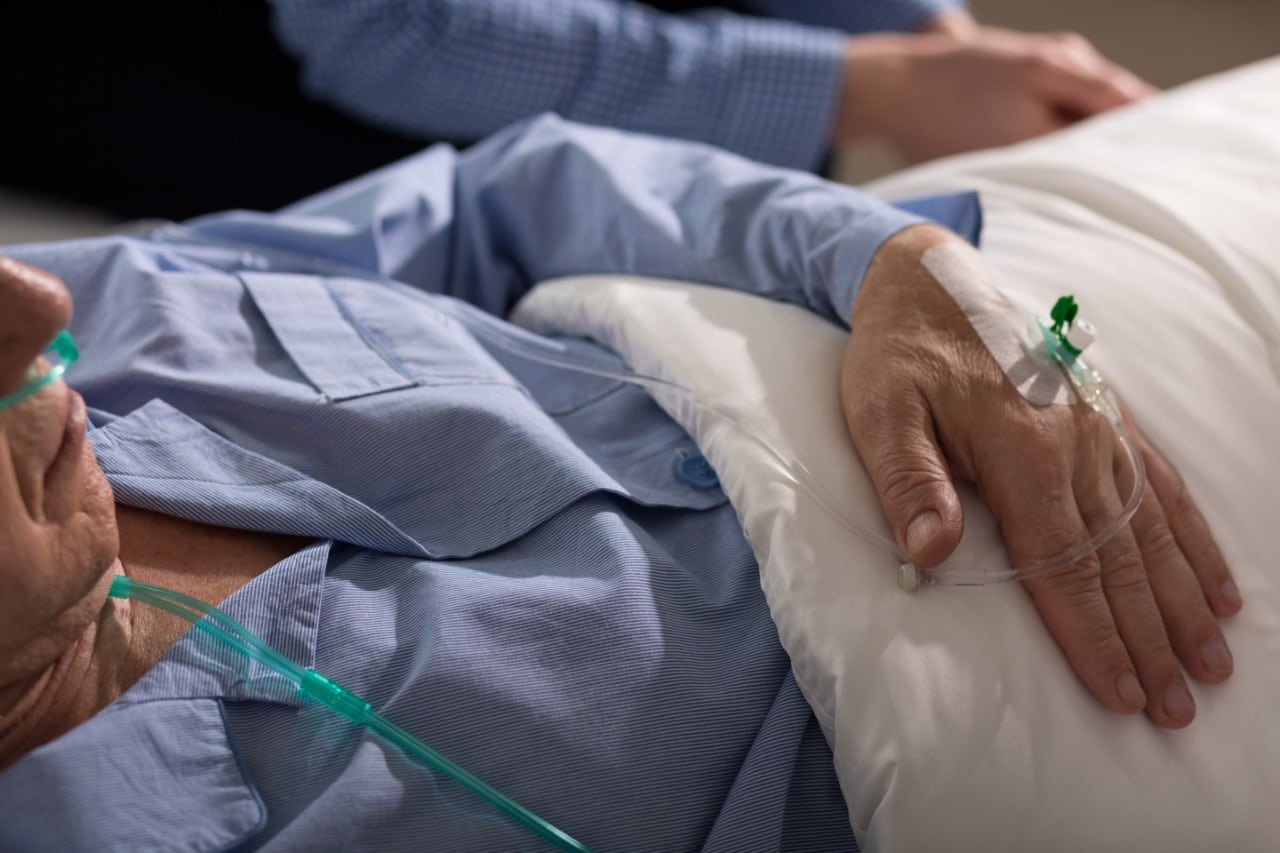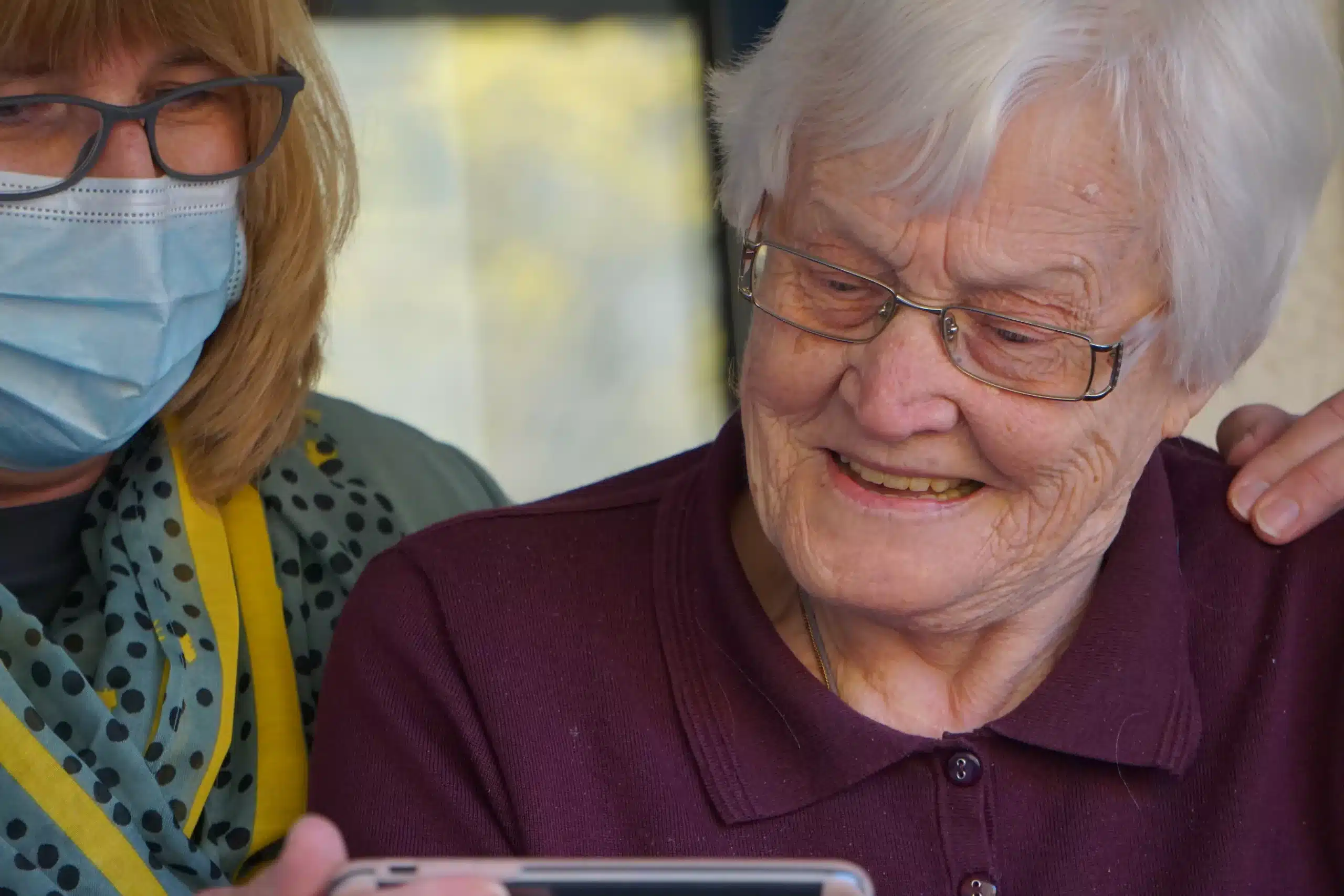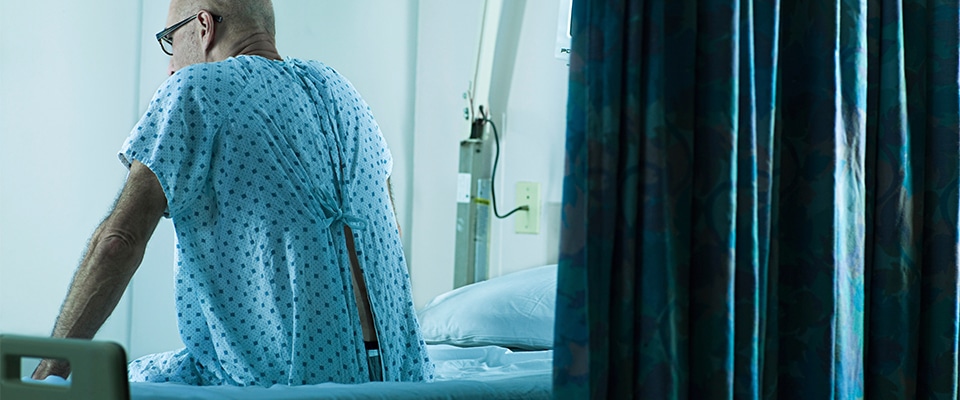
 " alt="">
" alt="">

Reviewed by
Peter Rigby - Director of Medical Negligence
We've got your Hospital Pressure Sore Claim covered
- No win No fee
- Not just lawyers - real specialists
- No obligation
- UK's highest-rated medical negligence solicitors
Staying in hospital, however long the stay, can be stressful and you would hope for the best care during the stay to ensure that you can get back to full health as soon as possible. Unfortunately, sometimes levels of care can fall to a standard that is not acceptable and patients are not given the level of attention they require day to day, especially during more prolonged stays.
Insufficient attention to patients needs may result in pressure sores (also known as bedsores or pressure ulcers) occurring. This is especially problematic if someone lacks the mobility to be able to shift their body themselves and relies on hospital staff to alter their resting position. Pressure sores are caused by excessive pressure on body parts that have continuous contact with a surface such as a wheelchair or a bed, as circulation becomes limited. There are varying degrees of pressure sores and they can be incredibly debilitating in their most severe form, and may lead to further health problems.
Pressure sores are classed into four different stages based on how severe they are. The symptoms range from red skin that is painful or tender to touch, to blistering or in more severe cases can display yellowish dead tissue and can expose tendons and muscles.
Pressure sores are caused by pressure against the skin that restricts the blood flow reaching that area adequately. Limited mobility is a key factor in the development of pressure sores, where parts of the body that are not well protected by fat and muscle to cushion the pressure on the bone. The most common sites of a pressure sore often occur on areas of the body that are consistently in contact with the chair or bed such as shoulder blades, spine, hip, heels, ankles and behind the knees.
If not treated properly, pressure sores can develop into much more serious problems such as joint infections and skin issues.
Medical professionals and hospital staff have a duty of care to ensure that sores do not develop by constantly monitoring the patient and being vigilant to prevent sores from occurring. People who are spending elongated amounts of time in bed or confined to a wheelchair are the most likely to develop pressure sores.
Find out if you
have a claim
Take the 10-second claim test
Free Advice
03300 080 352
claim form
We're the highest-rated No Win No Fee medical negligence solicitors on Trustpilot
How can we help?
Pursuing a claim against a hospital can be very daunting. Hospitals are large institutions and despite recent efforts to try and be more open with patients when mistakes have been made, the reality is that it’s often difficult to find out exactly what has happened. When you know deep down that something has gone wrong, where do you turn to get the answers you need and any compensation you deserve?
At Patient Claim Line, taking on hospital trusts is something we do day in, day out. Our legal team deals with roughly 1 in every 10 claims made in the UK, so chances are we have successfully taken on most hospital trusts, and over the years our legal team has won millions in compensation for their clients. Whether the hospitals mistake resulted in a few weeks of unnecessary pain, or serious long term problems where you have been unable to work or required care and assistance, Patient Claim Line is here to help you recover your losses and get some answers.
Am I eligible to claim for compensation?
If you or a loved one have suffered a pressure sore while in hospital, then you may be entitled to claim. The problem is often that the hospital just isn’t open with you about exactly what has happened and very rarely admit when a problem has occurred.
Patient Claim Line is here to advise you on this.
The best thing to do is get in touch with us and we will be able to advise you very quickly whether or not there is a claim. It costs you nothing to find out if you have a case, and all our claims are dealt with by specialist medical negligence solicitors, on a strictly no win no fee basis.
Why Choose Patient Claim Line for your Hospital Pressure Sore Claim?
Not just lawyers — medical negligence experts
Patient Claim Line was established in 2014 and consists of a team of medical lawyers specialising in cancer negligence and general medical negligence claims.
At Patient Claim Line we have more than 100 solicitors with a combined experience of over 400 years and they will work on your behalf to achieve the best result possible for you.
It’s not enough to use a solicitor who sometimes covers medical negligence. You need someone who knows this area through and through. That is what the solicitors here at Patient Claim Line do. They deal exclusively in this area of law and are experts in the field.
Frequently asked questions about Hospital Pressure Sore Claims
Our expert legal team answer your questions about making a Hospital Pressure Sore Claim
The most common causes of pressures sores are outlined my Mayo clinic. These are:
- Pressure: constant pressure that cuts of the blood flow and eventually causes essential nutrients to reach the part of the body under the constant pressure, which can cause the skin and nearby tissues to die.
- Friction: When skin rubs against clothing or bedding making the skin fragile
- Shear: this is where 2 surfaces move in opposite directions which could mean the skin is pulled in the opposite direction to your body.
As every case is different, you should speak to your solicitor to understand exactly what is needed for your claim. Some of the common types of evidence required are medical records, notes of conversations and photographic/video evidence of the incidents you experienced.
Some of the symptoms our clients have experience include:
- Abnormal changes in skin colour or texture
- Swelling
- Pus-like draining.
- Area(s) of skin that feels cooler or warmer to the touch than other areas
- Tender areas of the body
In our experience these are some of the factors which have contributed to pressure sore claims:
- Failure to co-ordinate plan to ensure appropriate care to avoid pressure sore
- Failure to follow a consistent turning regime
- Failure to complete a risk assessment
- Failure to monitor pressure sores at dressing changes
Meet our Hospital Pressure Sore Team
Case Study
Sarah's Story
"Now we have peace of mind"
My husband, Nick, went back and forth to the doctors for a long time and tried everything the doctor recommended. But his illness got worse, to the point that he was in agony.
In the end we got so desperate that we asked for a referral. The doctor was reluctant, so we had to consult a private hospital. That’s when we found out there was a tumour. It took years from the onset of his illness to finally start cancer treatment.

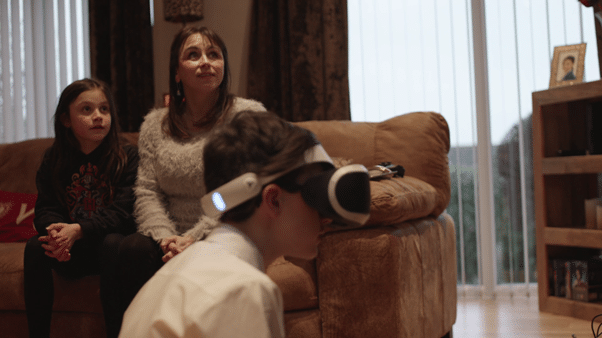
He used to be a man with a lot to live for, but in the end he was in so much pain that he withdrew from the family. He became angry that nobody had helped him sooner, and the legal team were able to give him the validation that he was desperately seeking. The NHS confirmed if they had done more, Nick would still be alive today.




